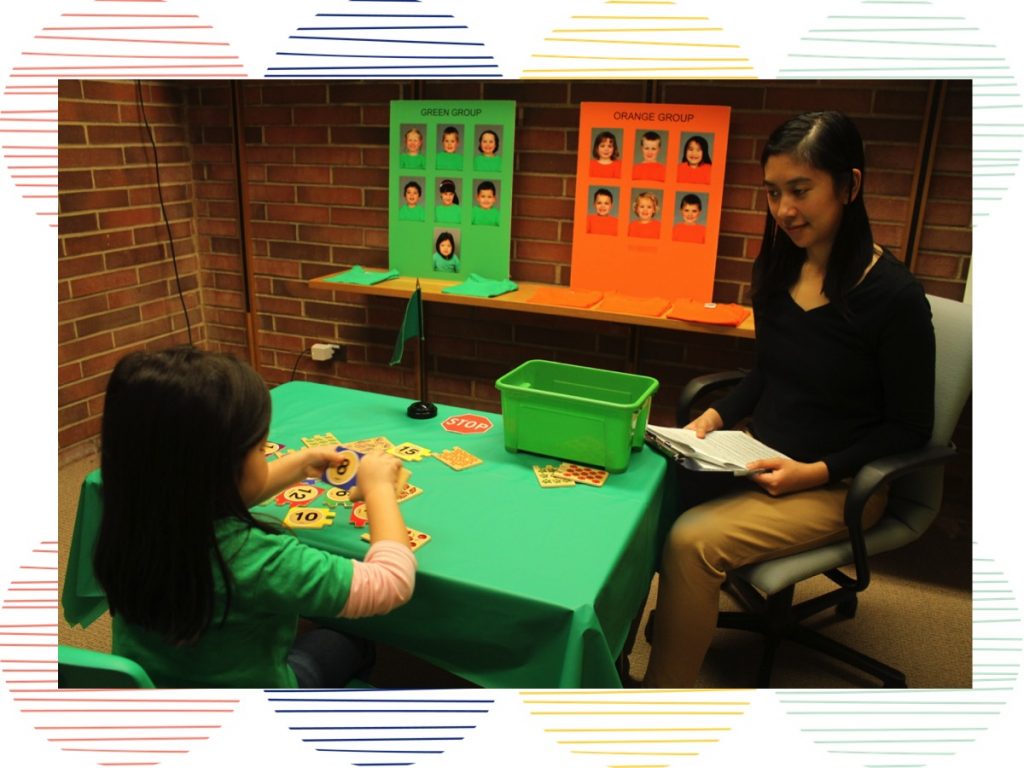
Research shows that adults and children are more motivated to achieve goals when they feel like they are part of a group or team. So researchers wondered whether taking part in group work would improve children’s engagement in math. Are children more motivated to complete a task if they are part of a group compared to doing it on their own?
In one study, preschoolers completed a number matching game and a puzzle. They worked on one task alone and on another as part of a group of other children. For example, the researchers gave children a green t-shirt. They told them they were part of a math team of peers who also wore green t-shirts.
Girls and boys both benefited from completing the task as a group compared to by themselves. When preschoolers completed the tasks as part of a group, they showed more interest in the tasks. They persisted longer in completing the tasks. They reported they were better at numbers and puzzles. And they placed more puzzle pieces in the correct position.
By making children feel like part of a group, in this case a math group, researchers increased children’s interest and engagement in math. This is one small change that you could put into place in the classroom. Add language such as, “Today, we are playing this number game together” to emphasize that it’s a group task. This could have a big impact on both girls’ and boys’ motivation in math.
-
- Math-gender stereotype
- a belief that math is for a particular gender, such as girls or boys
- Math self-concept
- the association between the self and math
- Self-concept
- refers to how someone thinks about their self and their attributes